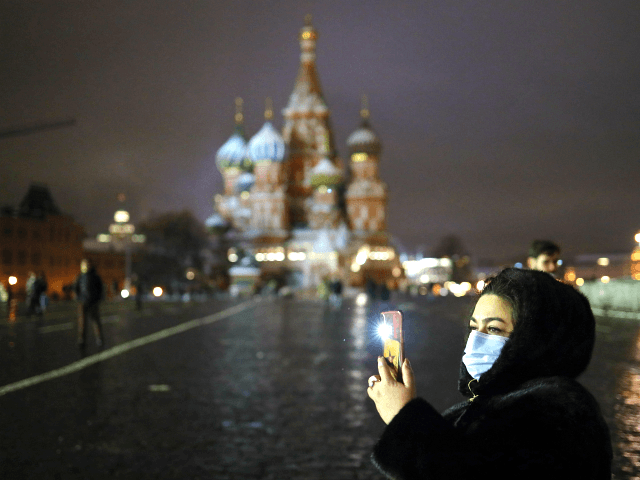The teams behind Britain’s Oxford/AstraZeneca vaccine and Russia’s Sputnik V vaccine will join forces to see if their coronavirus prophylactics work better in combination.
The British vaccine had been touted by its supporters as having greater potential for worldwide application than its Pfizer and Moderna competitors due to comparatively low cost and purported ability to keep at the sort of temperatures achievable in an ordinary fridge.
The Russian vaccine, while often neglected by the Western media, proved something of a rival in this respect, with its supporters pushing it as similarly cheap, easy to store, and supposedly more effective than the Oxford University offering.
But Russian sniping at the British vaccine — derided as the “monkey vaccine” due to its being based on a chimpanzee adenovirus, while the Russians based theirs on two human adenoviral vectors — may be at an end, as AstraZeneca has accepted a Russian offer to run joint trials to see if they might be more potent in combination.
“The new chapter of vaccine cooperation has started today. We made an offer and AstraZeneca accepted it. It all happened here on Twitter!” the Sputnik V team trumpeted on social media.
#SputnikV uses 2 different human adenoviral vectors for 2 vaccine shots to ensure that immunity to the 1st does not make the 2nd less effective. We offered @AstraZeneca to use one of our vectors so they can also have two vectors in their vaccine. AZ confirmed. https://t.co/ft4ULcD4T5
— Sputnik V (@sputnikvaccine) December 11, 2020
“Being able to combine different COVID-19 vaccines may be helpful to improved protection and/or to improve vaccine accessibility. This why it is important to explore different vaccine combinations to help make immunisation programmes more flexible, by allowing physicians greater choice at the time of administering vaccines,” AstraZeneca explained in a statement.
“The UK government recently announced that it will begin a clinical trial combining adenovirus vaccines with mRNA technology vaccines. AstraZeneca is also considering how it can assess heterologous combinations of different vaccines, working with industry partners, governments and research institutions around the world, and will soon begin exploring with Gamaleya Research Institute in Russia to understand whether two adenovirus-based vaccines can be successfully combined,” they added.
Russia has had success exporting its vaccine to countries in the developing world, such as Argentina, Brazil, and India, with Hungary also purchasing a relatively small number of doses for trials and becoming something of a foot in the door in the European Union.
Planned take-up in the Russian Federation itself is low, however, with The Times reporting that not even a third of the population intends to take the vaccine.
The newspaper suggests that Deputy Prime Minister Tatyana Golikova’s warning that people should abstain from alcohol for 42 days after taking it may be playing a role in the low enthusiasm for the treatment in the “heavy-drinking nation”, although post-communist era distrust for the state is also believed to be a factor.
UK Requires ‘Resuscitation Facilities’ at Corona Vaccine Centres After Allergic Reactions https://t.co/tFXLaNE3ab
— Breitbart London (@BreitbartLondon) December 9, 2020

COMMENTS
Please let us know if you're having issues with commenting.